Your cart is currently empty!
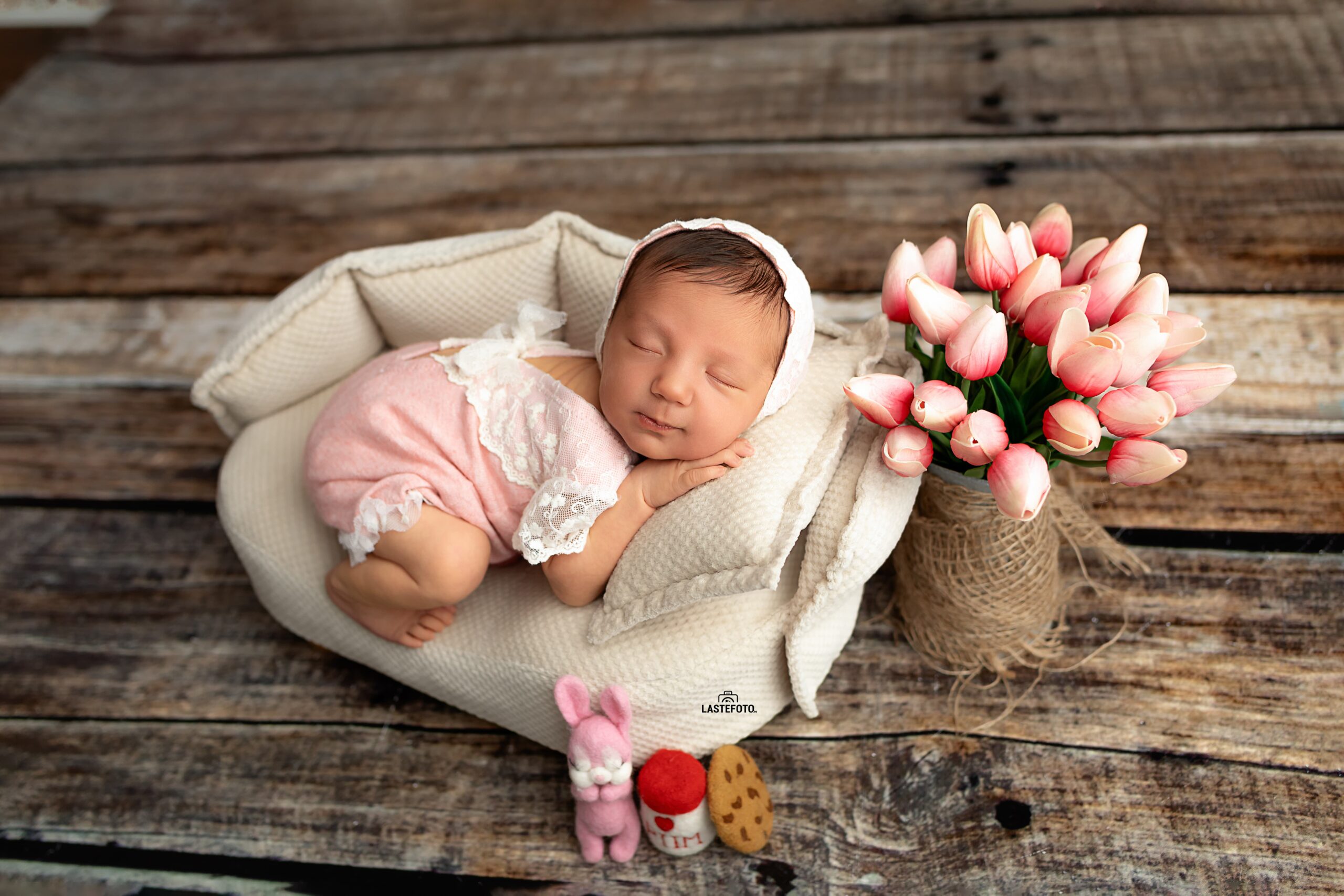
Why Is My Newborn Crying? 5 Surprising Reasons and What You Can Do About It
Table of Contents
Newborn Crying is one of the first real challenges new parents face. It can feel overwhelming — especially if it’s your first baby. Sometimes it seems like your newborn is crying for no reason at all, and you’re left wondering: Should I feed them? Change their clothes? Pick them up? Call the doctor?
But the truth is, newborn crying is completely normal. All healthy babies cry — it’s the only way they can express their needs and connect with you. Crying is their language. It’s how they say, “I’m uncomfortable,” “I’m hungry,” “I need you,” “I’m scared,” or “I’m tired.”
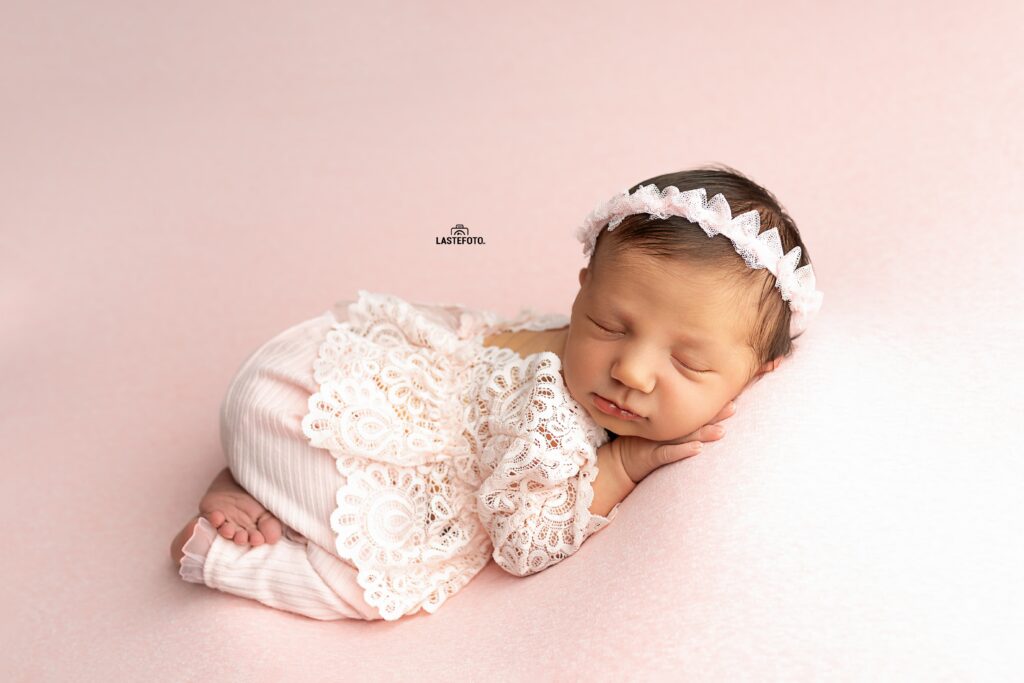
When families come to my studio for a newborn photoshoot, I often see the uncertainty in the parents’ eyes when their baby starts to cry. This is especially common during the first few days after birth. But parents of three-month-old babies are very different — they already understand their little one much better and can quickly tell what their baby needs.
That just shows one simple truth: every parent eventually learns to understand their baby. When it comes to newborn crying, the key is not to panic. Stay calm and pay attention — your baby will show you everything you need to know.
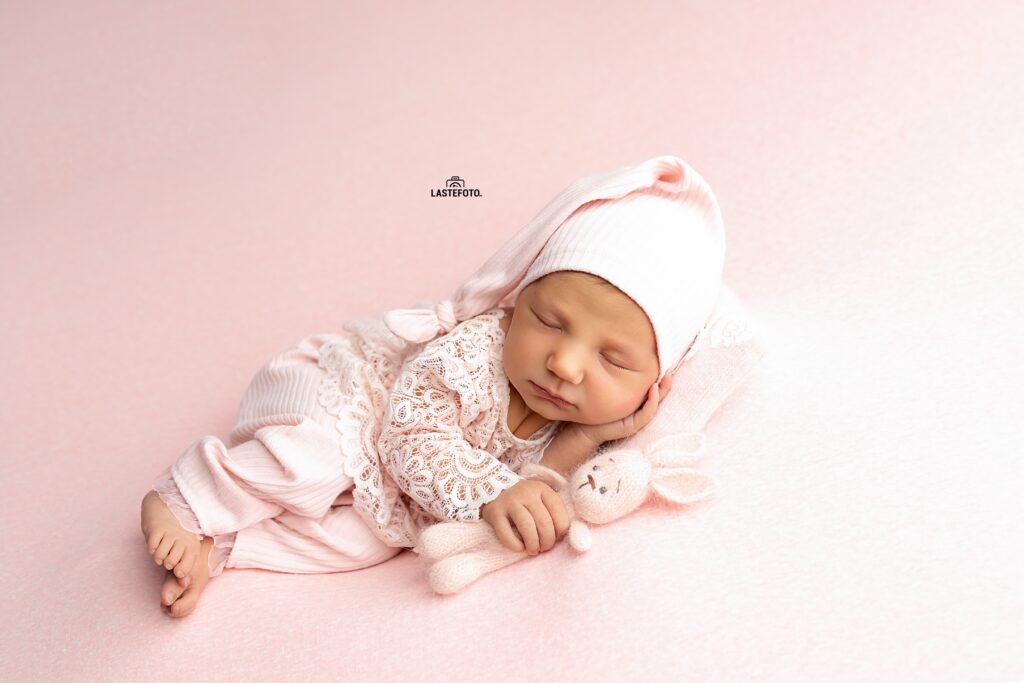
The Main Reasons for Newborn Crying
1. Your baby is hungry
This is the most common reason for newborn crying. A hungry baby usually cries loudly, with a demanding and rising tone. Often, offering the breast or a bottle is enough to calm them quickly. But sometimes, the baby has trouble feeding — due to something like a tongue-tie or nasal congestion. In that case, it’s a good idea to consult a pediatrician or a lactation specialist.
🍼 Tip: If you’re unsure whether your baby is getting enough milk, keep an eye on their weight and diaper output. In the first few months, they should have at least six wet diapers a day.
💡 Fact: Some newborns want to eat very frequently — even every 1.5 to 2 hours. This is called cluster feeding and is completely normal, especially during growth spurts.
👂 Advice: Try to catch early hunger cues before your baby starts crying. Lip-smacking, turning the head toward your chest, and sucking motions are all early signs of hunger.
2. Tummy pain or colic
Colic is a common issue for many families. It usually starts around week 2 or 3 and can last until about 3 months of age. The main cause is an immature digestive system. In these cases, newborn crying tends to be sharp and intense. The baby may pull their legs up to their tummy and seem very fussy.
🌿 Advice: Gently massage your baby’s belly in a clockwise motion or hold them tummy-down across your forearm (“airplane” position). This can be very calming for some babies.
💧 Fact: Every baby reacts to colic differently. Some respond well to warmth on the tummy, others may need special gas drops. You’ll need to find what works best for your child.
☕️ Tip: If you’re breastfeeding, you might try reducing gas-producing foods in your own diet (like cabbage or beans). While this isn’t scientifically proven, many parents report seeing a noticeable difference.

3. Discomfort from clothing or the environment
For a newborn, even the smallest irritation can be upsetting — a clothing tag, a tight waistband, or a wrinkle in the blanket. Sometimes, newborn crying is caused by something adults might not even notice.
👕 Advice: Dress your baby in soft, tag-free clothing. You can also turn clothes inside out or carefully cut off scratchy labels.
🌡️ Tip: Keep the room around 21°C (70°F). A good rule of thumb — if you’re comfortable in a light shirt, your baby is likely comfortable too. Don’t rely on hands or nose to check warmth — feel the back of the neck instead.
🛏️ Fact: Babies feel most secure in a calm and simple environment. Strong smells, bright colors, or a rough-textured blanket can overwhelm their senses and lead to discomfort-driven newborn crying.
4. Overtiredness or overstimulation
The world is full of new sounds, lights, and sensations. Sometimes babies get overstimulated — and even though they’re not hungry or in pain, newborn crying still begins because they’re simply too tired to settle on their own.
💤 Advice: Watch your baby’s awake windows. In the first few weeks, they can usually stay awake only 45–60 minutes at a time. If they stay up too long, their sleep often becomes restless.
🔕 Tip: Don’t hesitate to create a peaceful environment — dim the lights, reduce noise, and move slowly. Gentle background sounds like white noise or a soft fan can help your baby calm down.
📌 Fact: If your baby is rubbing their eyes, turning their head away, or yawning repeatedly, it’s likely they’re just overtired and need help falling asleep.
5. The need for closeness
Sometimes your baby isn’t hungry or in pain — they just need to be close to you. This kind of newborn crying can seem like it has no cause, but it’s simply your baby asking for connection.
👶 Advice: Don’t be afraid to hold your baby or practice skin-to-skin contact. It helps regulate their breathing, heartbeat, and body temperature.
🧠 Fact: Physical closeness strengthens the bond between you and your baby and even supports brain development. Babies whose needs are met quickly feel safer and often cry less over time.
💗 Tip: If you feel overwhelmed, that’s okay. Take a break — hand the baby to your partner or rest for a few minutes. A calm parent can comfort a crying baby much more effectively.
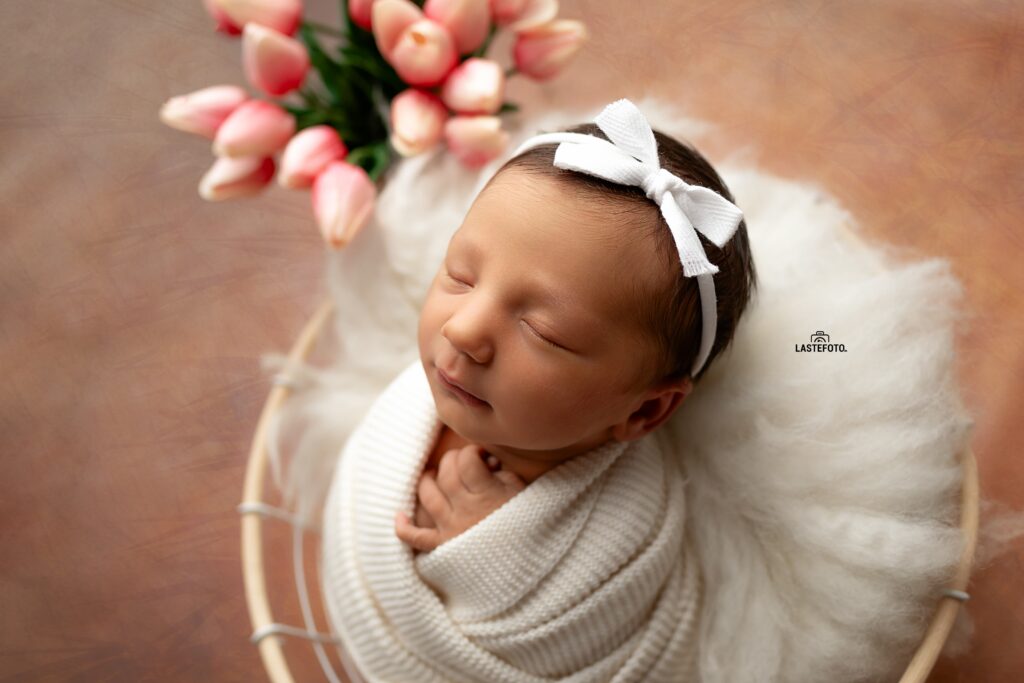
Newborn Crying and When to Call the Doctor
If you’ve tried everything — feeding, diaper changes, adjusting clothing, soothing — and the newborn crying still doesn’t stop, it’s a good idea to check in with a doctor. Sometimes, persistent crying can be linked to a health issue that isn’t immediately visible.
Watch for other signs that might come with the crying — like fever, unusual sleepiness, refusal to eat, or a rash. Even if you don’t see anything obvious, a visit to the pediatrician can help rule out hidden problems.
If you’re unsure whether it’s serious, start by calling your family doctor or a medical advice line. Often, a short phone consultation is enough to give you peace of mind.
And most importantly — don’t be afraid to ask for help. A calm and confident parent is the best comfort for a crying baby. Trust your instincts — no one knows your baby better than you do.
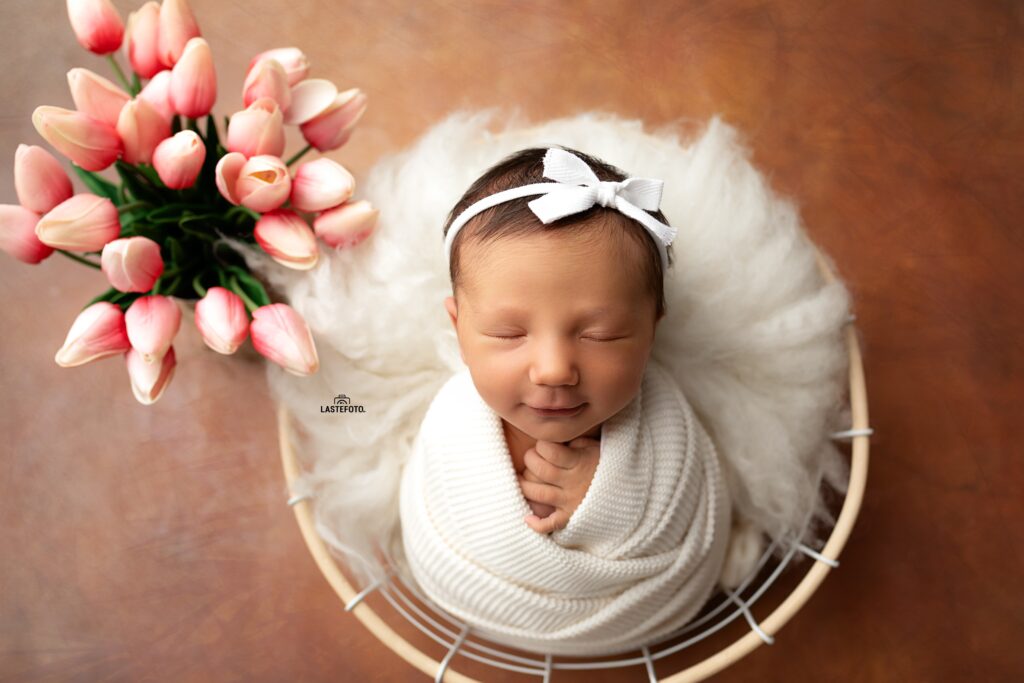
Newborn Crying Isn’t Dangerous – Don’t Be Afraid of Your Baby’s Tears
Every parent feels fear and helplessness at first when they hear newborn crying. It’s a new and sometimes overwhelming experience. But with each passing day, you’ll start to understand your baby more — their personality, the way they cry, and what each sound might mean. That understanding doesn’t come all at once; it grows slowly, step by step.
Right now, just look at your baby, listen to them, and try different ways to help. Your voice, your warmth, and your calm presence are the greatest comfort you can give.
Newborn crying isn’t a problem or something to fear — it’s your baby’s way of saying, “I need you.” It’s an invitation to be close, to respond with love and understanding.

Leave a Reply